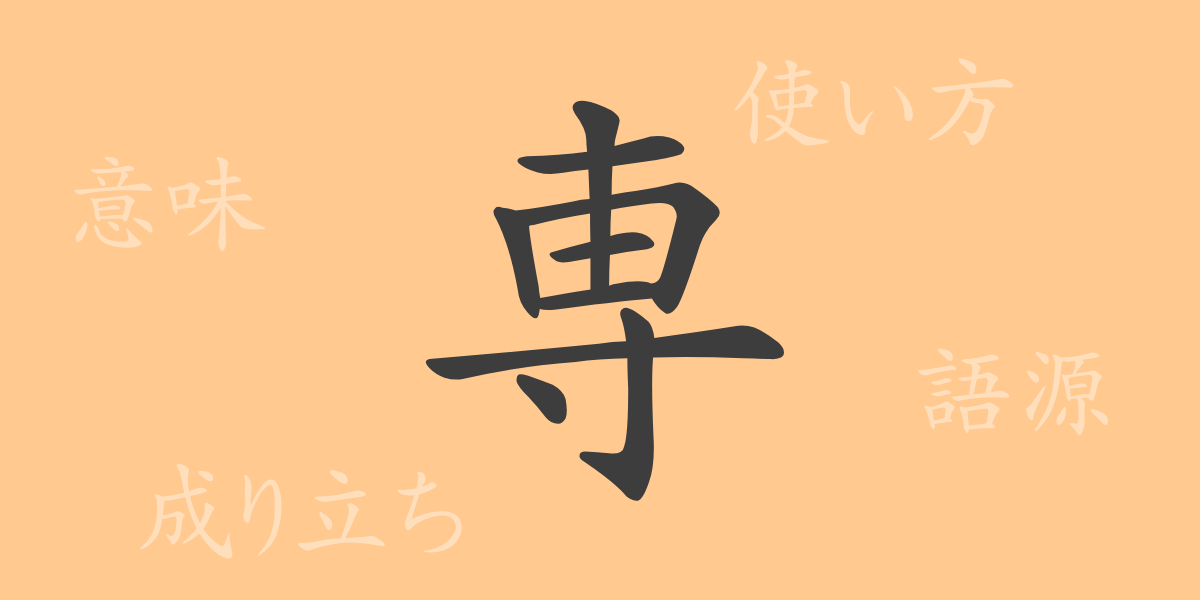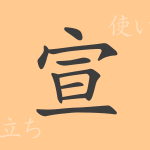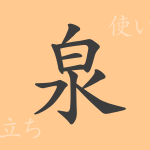In the rich tapestry of Japanese written culture, Kanji play an indispensable role. Among these, “専” (せん) is a character frequently used in everyday life and business settings. This article explores the rich history, meaning, usage, and the role of “専” in Japanese culture. It aims to deepen readers’ understanding of “専” and enhance their appreciation of nuanced Japanese expressions.
Origins of 専 (せん)
The kanji “専” originated from ancient China, evolving from pictographs. Originally depicting the axle of a cart, it came to symbolize concentrating on one thing or dedicating oneself entirely to a task. Over time, it developed into representing specialization in a specific area like “専門” (specialization), and it was adopted into Japanese with similar meanings.
Meaning and Usage of 専
“専” is used in words like “専念” (せんねん ‐ devotion), “専門” (せんもん ‐ specialty), and “専攻” (せんこう ‐ major field of study), meaning to focus or specialize in a particular area. It also conveys exclusivity or monopoly, as seen in terms like “専売特許” (exclusive patent), where a business exclusively handles certain products.
Pronunciation, Stroke Count, and Radical of 専
The kanji “専” is utilized in Japanese with the following details:
- Pronunciation: On’yomi “セン”; Kun’yomi “もっぱら”
- Stroke Count: 9 strokes.
- Radical: “寸” (すんづくり).
Expressions and Phrases Using 専
There are numerous expressions and phrases involving “専”. Some examples include:
- 専念 (せんねん): Concentrating one’s heart on a single matter.
- 専門 (せんもん): A specialty or profession focused on a specific field or area.
- 専攻 (せんこう): A major field of study in academia or technology.
- 専売 (せんばい): The exclusive sale of particular goods.
- 専有 (せんゆう): Exclusively possessing something, without sharing with others.
Conclusion on 専
The kanji “専” embodies the concept of focusing or specializing, enriching Japanese expressions. It is pivotal in various aspects of Japanese culture and business, playing a significant role in everyday communication. Through this exploration, we hope to enhance your understanding of “専” and invite you to appreciate the depth and beauty of the Japanese language.

























